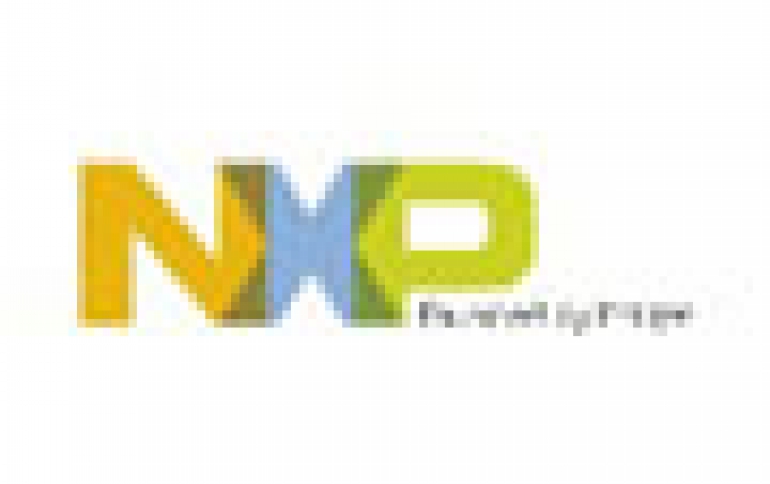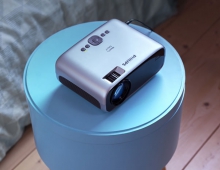
U.S. State Department Advances NXP Technology for ePassport Program
NXP, the newly independent semiconductor company founded by Philips, today announced that the United States Department of State has chosen NXP as one of its suppliers of secure semiconductor technology for its new electronic passport (ePassport) program.
The new passports, designed to enhance border security and to facilitate international travel of U.S. citizens, contain secure contactless smart chip technology inside the cover. They can be scanned at authorized passport control points to speed the authentification process and increase security. The new ePassports will be rolled out across the United State by the end of the first quarter of 2007.
The new U.S. passport is similar to today's passport with the addition of a small contactless smart chip. The chip securely stores the same data visually displayed on the photo page of the passport, and will also include a digital photograph. The photograph enables biometric comparison to ensure that the bearer of the passport is the person to whom it was issued by his or her government. The new passport will also incorporate additional anti-fraud and security features to further enhance national security.
The State Department has also included a number of features to address privacy issues and to ensure the safe-keeping of information. The read range of the contactless smart chip is only a few centimeters and special shielding material has been built into the cover to prevent communication with the chip while the cover is closed. In addition, the ICAO (International Civil Aviation Organization) basic access control (BAC) standard is used to prevent skimming and eavesdropping (attempts to read the contactless high frequency communication between the passport chip and the reader device at the border control station). These combined features will mitigate the potential for unauthorized reading of the ePassport.
Other countries using NXP technology include Austria, France, Germany, New Zealand and Singapore. For the U.S. ePassport program NXP is supplying its chip technology to the smart card manufacturer Gemalto, who has the overall lead for providing secure smart card packages for the ePassports. Gemalto's package was recently selected by the State Department for final test and evaluation, a precursor to volume orders and issuance to the U.S. public.
The new U.S. passport is similar to today's passport with the addition of a small contactless smart chip. The chip securely stores the same data visually displayed on the photo page of the passport, and will also include a digital photograph. The photograph enables biometric comparison to ensure that the bearer of the passport is the person to whom it was issued by his or her government. The new passport will also incorporate additional anti-fraud and security features to further enhance national security.
The State Department has also included a number of features to address privacy issues and to ensure the safe-keeping of information. The read range of the contactless smart chip is only a few centimeters and special shielding material has been built into the cover to prevent communication with the chip while the cover is closed. In addition, the ICAO (International Civil Aviation Organization) basic access control (BAC) standard is used to prevent skimming and eavesdropping (attempts to read the contactless high frequency communication between the passport chip and the reader device at the border control station). These combined features will mitigate the potential for unauthorized reading of the ePassport.
Other countries using NXP technology include Austria, France, Germany, New Zealand and Singapore. For the U.S. ePassport program NXP is supplying its chip technology to the smart card manufacturer Gemalto, who has the overall lead for providing secure smart card packages for the ePassports. Gemalto's package was recently selected by the State Department for final test and evaluation, a precursor to volume orders and issuance to the U.S. public.



















